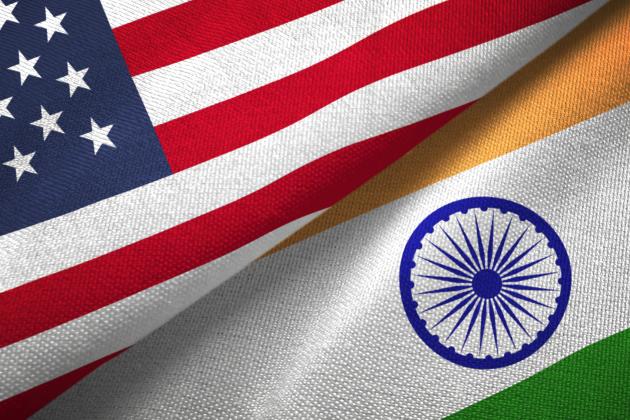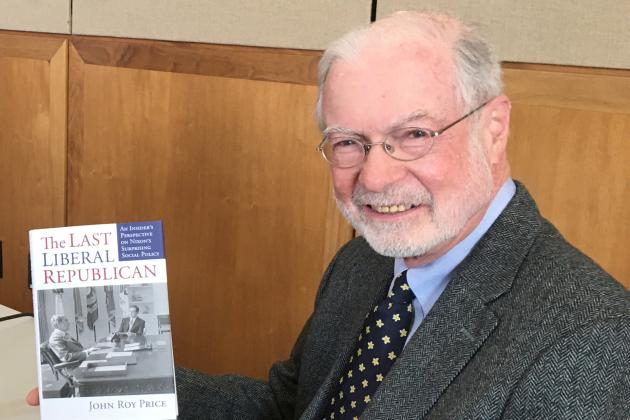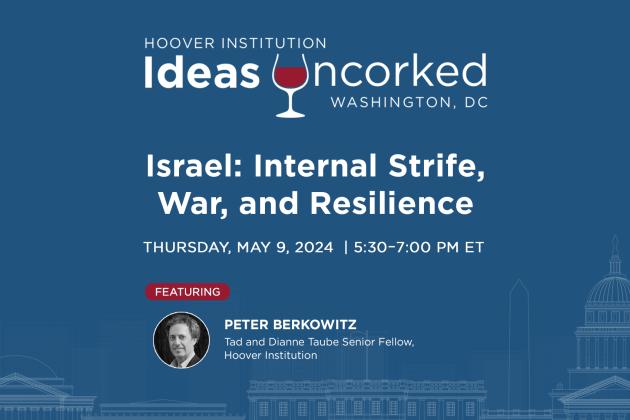| Monday, December 6, 1999 | ||
|---|---|---|
| 1:00 pm | WELCOME AND INTRODUCTION | |
| John Raisian, Hoover Institution | ||
| 1:15 pm | Session One: | Dimensions of the Problem. (Evaluation of the nature of cyber crimes, including terrorist acts, their costs, and how they threaten cyber commerce and critical national and international infrastructure.) |
| MODERATOR: | Michael M. May, CISAC | |
| SPEAKER: | Peter G. Neumann, SRI: Dimensions of the Problem | |
| PANELISTS: | Richard Power, Computer Security Institute: Estimating the Cost of Cyber Crime Alan B. Carroll, National Infrastructure Protection Ctr., FBI: Cyber Terrorism |
|
| 2:15 pm | Session Two: | International Response to Cyber Crime. (Outline of legal initiatives around the world to combat cyber crime and consideration of the extent of consensus reflected by those initiatives, including prohibited categories of acts that are candidates for an international agreement.) |
| MODERATOR: | David Elliott, CRISP | |
| SPEAKERS: | Marc D. Goodman, Hoover/CISAC: The Emerging Consensus on Criminal Conduct in Cyberspace | |
| Dietrich Neumann, EU: European Perspective George C. C. Chen, Tsai, Lee & Chen, Taiwan: Asian Perspective Susan Brenner, University of Dayton School of Law: US Survey Drew Arena, US Dept. of Justice: Multilateral Initiatives |
||
| 3:45 pm | BREAK | |
| 4:15 pm | Session Three: | Threatened Infrastructure -- Civil Aviation as an Example. (Civil air travel is a major world infrastructure, increasingly dependent on information technologies. The universal desire for safe air travel has enabled a worldwide consensus to prohibit acts endangering civilian aircraft in international treaties. This Session will examine the potential contribution of treaties in combating threats to essential aviation information systems.) |
| MODERATOR: | Seymour E. Goodman, CRISP | |
| SPEAKER: | Hal Whiteman, Transport Canada: The Seriousness of the Cyber Threat to Airline Security and the Importance of International Cooperation | |
| PANELISTS: | Vidyut Patel, US FAA: The Civil Aviation Information System Infrastructure and International Interdependence Peter G. Neumann, SRI: Civil Aviation IS at Risk Mariano-Florentino Cuellar, Stanford: International Aviation Agreements on Terrorism as Precedents |
|
| 5:30 pm | BREAK | |
| 6:30 pm | Reception at the Stanford Faculty Club | |
| 7:15 pm | Dinner in the Main Dining Room, Stanford Faculty Club SEATING FOR DINNER MAY BE LIMITED |
|
| 8:15 pm | DINNER SPEAKER: William J. Perry, Hoover Institution/CISAC INTRODUCED BY: John Raisian, Hoover Institution |
|
| Tuesday, December 7, 1999 | ||
|---|---|---|
| 8:30 am | Continental Breakfast | |
| 9:00 am | Session Four: | The Technology of Cooperation. (Consideration of existing and potential uses of technologies through international cooperation to deter, prevent, identify, investigate, and prosecute consensus cyber crimes.) |
| MODERATOR: | John Markoff, New York Times | |
| SPEAKERS: | Robert E. Kahn, Corporation for National Research Initiatives: The Role of Technology Steven D. Rizzi, Science Applications International Corp.: The Limits of Technology Thomas A. Longstaff, Carnegie Mellon University: Trends in Network Attacks Raymond C. Parks, Sandia National Laboratories: Cyber Terrorism Modeling Joseph Betser, Aerospace Corp.: Tracking Cyber Attacks William R. Cheswick, Lucent Technologies: Forensic Challenges. |
|
| 10:15 am | BREAK | |
| 10:45 am | Session Five: | Proposed Technological Measures. (Description and discussion of specific measures to achieve security objectives through international technological cooperation.) |
| MODERATOR: | Stephen J. Lukasik, CRISP | |
| SPEAKERS: | K. C. Claffy, San Diego SuperComputer Center, UCSD: Understanding Internet Traffic Barry Raveendran Greene, Cisco Systems: Role of Router Hardware and Software Randall E. Smith, Boeing: Network Intrusion Detection Michael Erlinger, Harvey Mudd College/Internet Engineering Task Force: Internet Protocols Clifford Neuman, USC/Information Sciences Institute: Distributed Authentication Mechanism |
|
| 12:00 pm | Lunch outside Stauffer Auditorium | |
| 1:00 pm | KEYNOTE SPEAKER: Raisuke Miyawaki, Ochanomizu Associates, Tokyo INTRODUCED BY: Seymour E. Goodman, CRISP |
|
| 1:45 pm | Session Six: | Constraints on Technological Cooperation. (Consideration of constitutional, legal, economic, and ethical constraints on use of technology to control cyber crime. Focus will be on the application of concepts such as privacy, probable cause, etc. to the realities of modern information systems and the proposals made in Session Five.) |
| MODERATOR: | George L. Fisher, Stanford Law School | |
| SPEAKERS: | Barry Steinhardt, ACLU Dorothy Denning, Georgetown University Caspar Bowden, Foundation for Information Policy Research, London David J. Thelander, Charles Schwab & Co., Inc. Whitfield Diffie, Sun Microsystems Boaz Gutman, Israeli National Police |
|
| 3:15 pm | BREAK | |
| 3:45 pm | Session Seven: | Legal Mechanisms for International Cooperation. (Discussion of mechanisms for cooperation in draft international convention, including provisions related to jurisdiction, evidentiary cooperation, extradition, assistance to cooperating states, sanctions for non-cooperation.) |
| MODERATOR: | Abraham D. Sofaer, Hoover Institution | |
| SPEAKER: | Ariel T. Sobelman, Jaffee Center, Tel Aviv University: The Case for an International Treaty on Cybercrime. | |
| PANELISTS: | Gregory D. Grove, CRISP: Defining Consensus Crimes Jack L. Goldsmith, University of Chicago School of Law: Resolving Jurisdictional Conflicts Stein Schjolberg, Chief Judge, Moss City, Norway: Protecting Privacy and Other Rights |
|
| 5:15 pm | Session Eight: Wrap-Up Presentation by Conference Co-Chairs. | |
| 5:30 pm | Conference Ends | |









